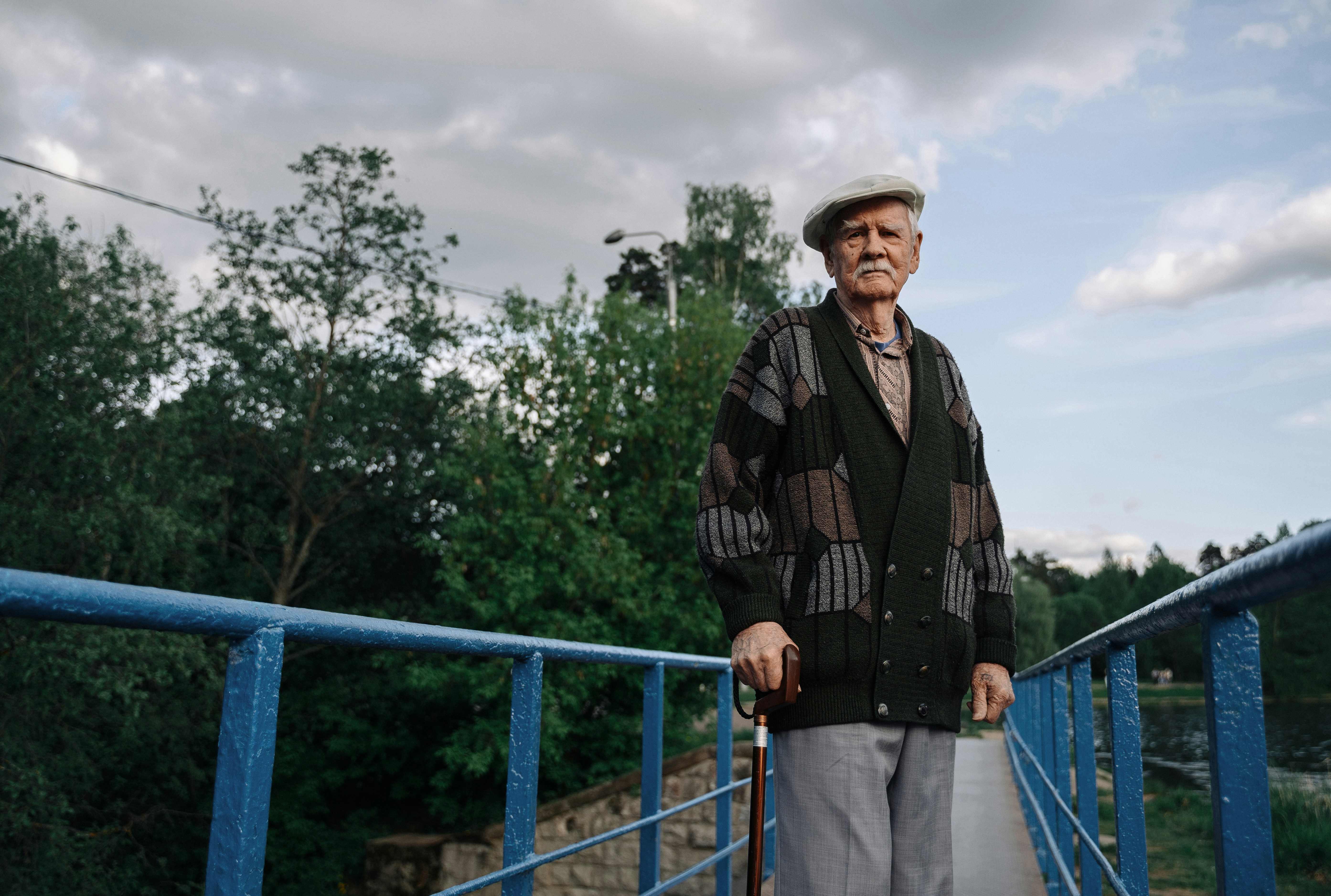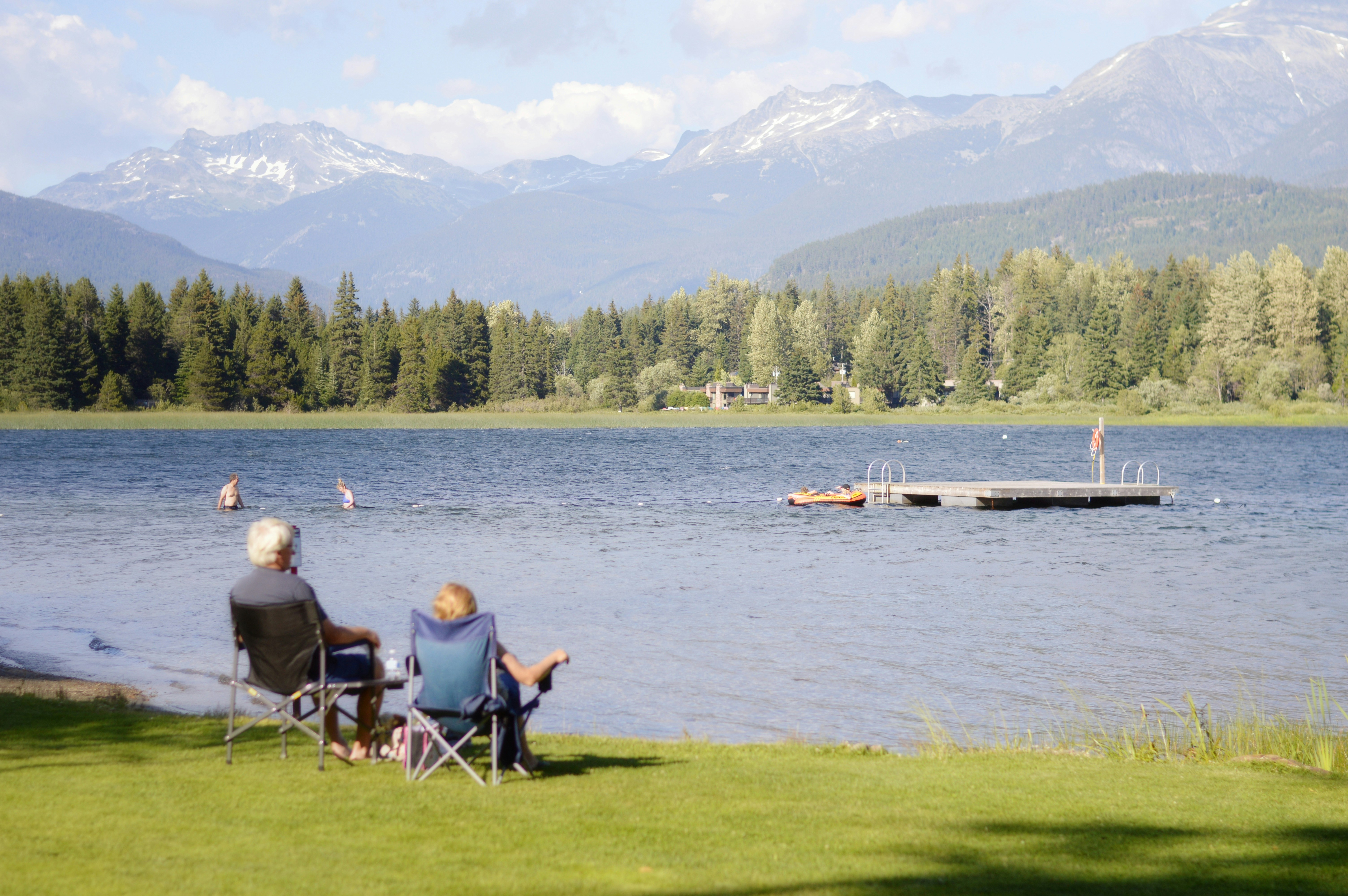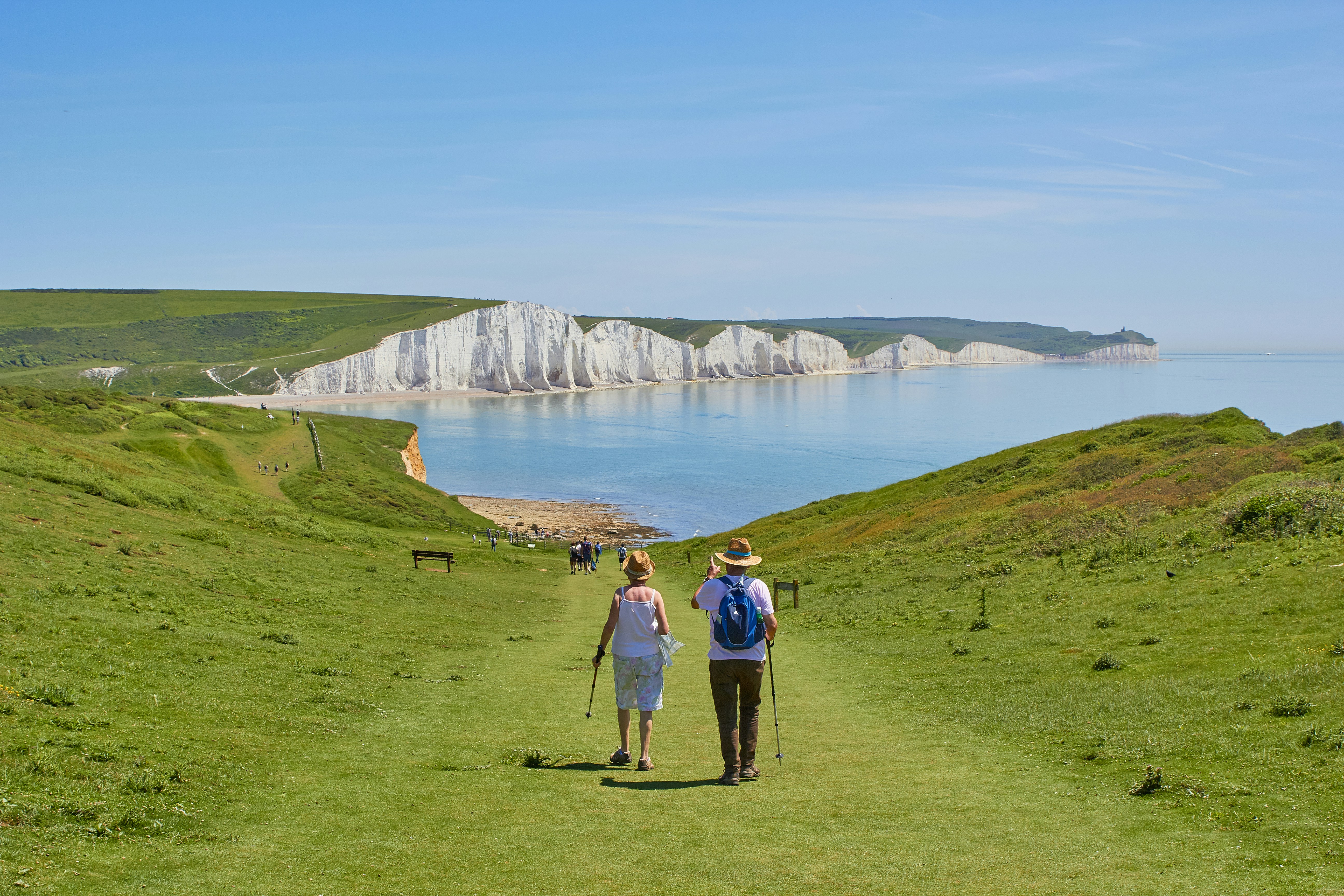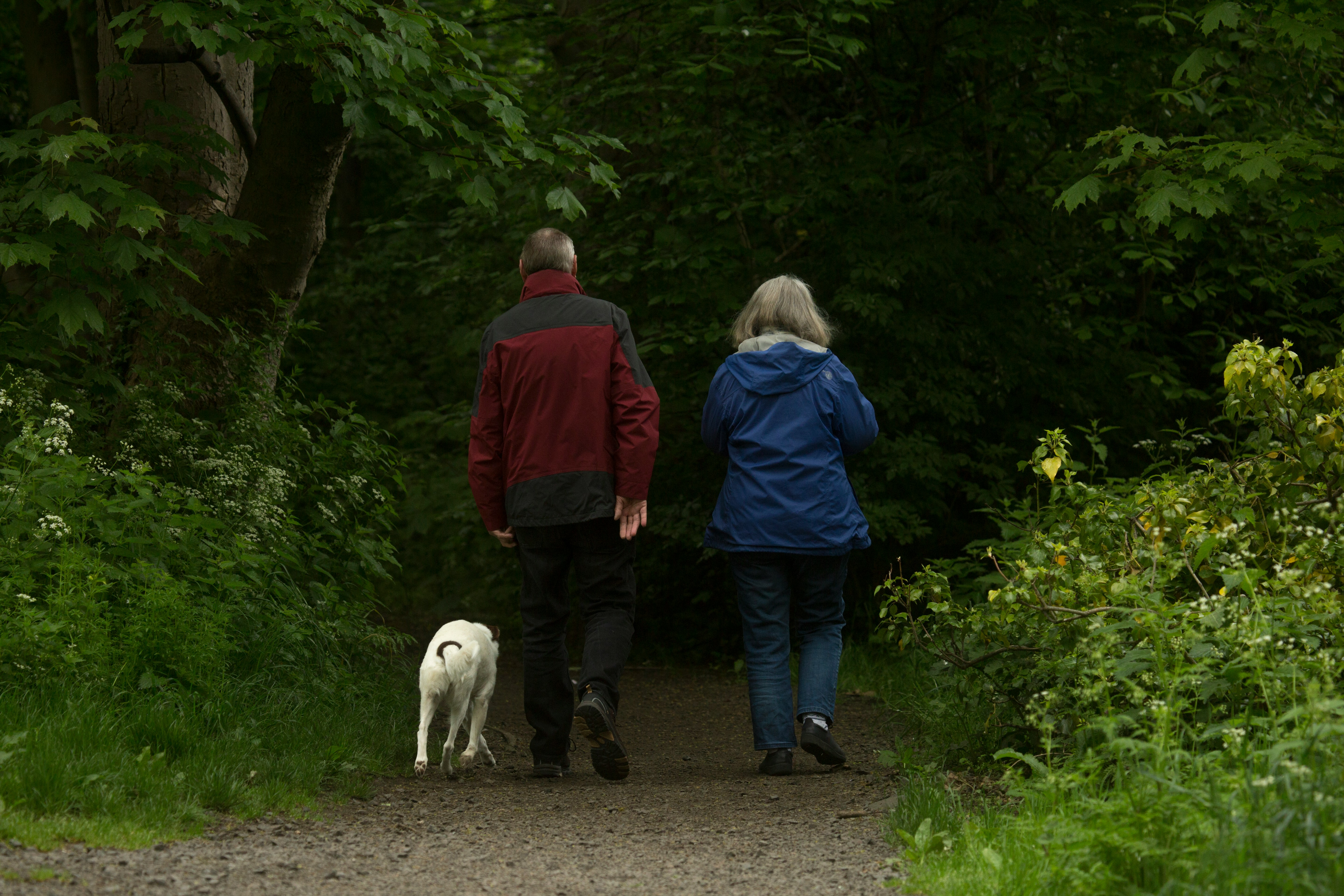The Wisdom of Slowing Down - Rediscovering Life's Simple Pleasures in Your Golden Years
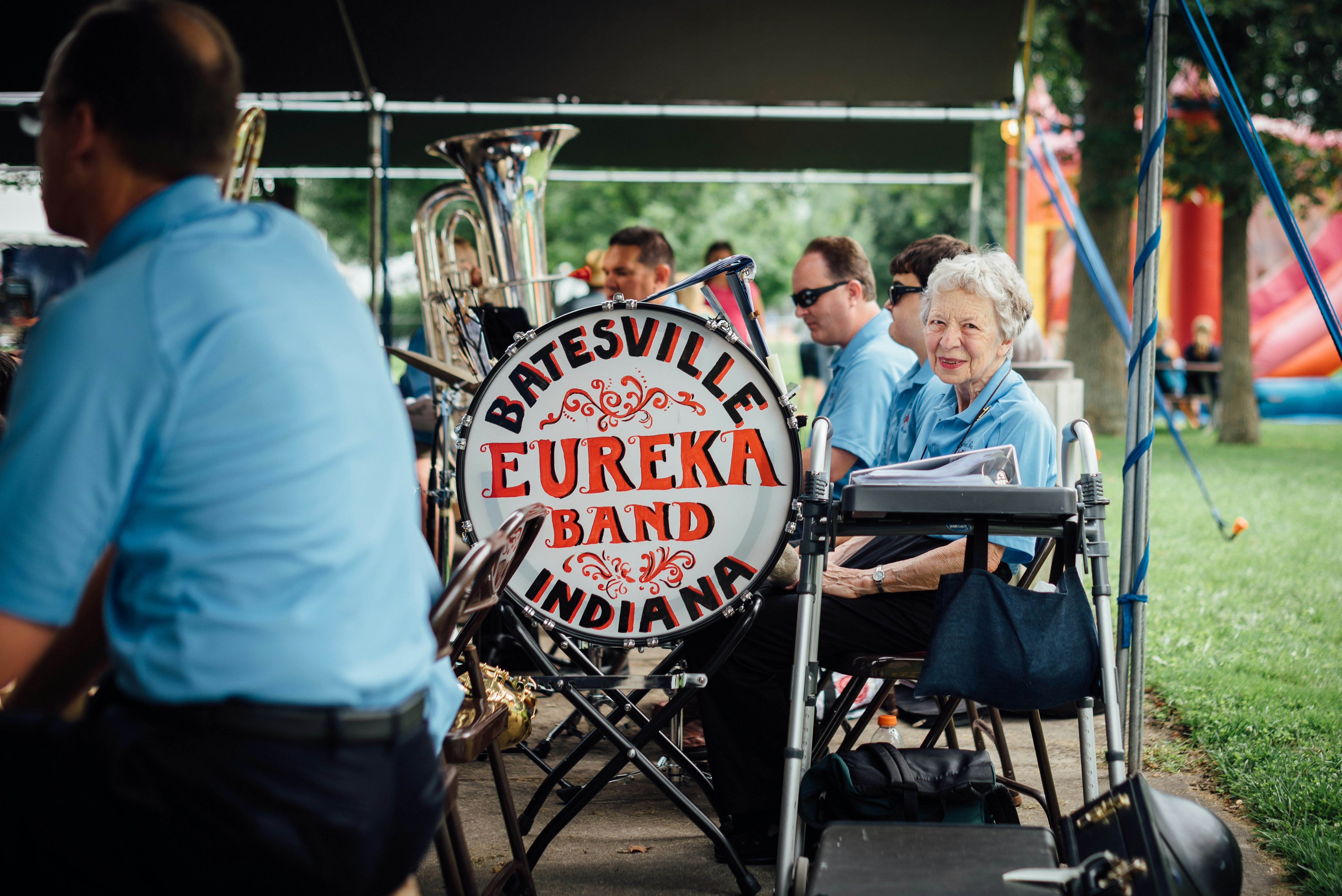
Embrace the art of mindful living and find extraordinary joy in life's everyday moments through the gentle practice of slowing down
In a world that glorifies speed and constant motion, there exists a profound wisdom in learning to slow down. For those who have spent decades racing through careers, raising families, and meeting endless obligations, retirement offers an unprecedented gift—the luxury of time to truly experience life rather than simply rushing through it. This transition from hurried productivity to mindful presence represents one of the most beautiful transformations available in our golden years.
The Lost Art of Presence
Modern society has trained us to equate busyness with importance and speed with success. We've become accustomed to multitasking, quick decisions, and packed schedules that leave little room for reflection or genuine appreciation of our surroundings. Yet as we age, our bodies and minds naturally invite us to adopt a different rhythm—one that allows for deeper observation, richer experiences, and more meaningful connections with the world around us.
This shift toward slower living isn't a resignation to physical limitations; it's an awakening to possibilities that were always present but previously overlooked in our rush toward the next goal. The gentle pace of later life reveals layers of beauty and meaning that younger, busier selves often missed entirely.
Consider the difference between hurriedly walking through a garden to reach a destination versus strolling through that same space with no particular agenda. In the first scenario, we might notice that flowers exist. In the second, we observe the intricate patterns of petals, catch the subtle fragrance carried on a morning breeze, watch a butterfly's delicate dance from bloom to bloom, and feel the warmth of sunlight filtering through leaves. The garden hasn't changed—our capacity to truly see it has expanded.
The Science of Slowing Down
Research in positive psychology consistently demonstrates that individuals who cultivate mindful, present-moment awareness experience greater life satisfaction, reduced stress, and improved overall well-being. Dr. Jon Kabat-Zinn's groundbreaking work on mindfulness-based stress reduction shows that the simple act of paying attention to immediate experiences can literally rewire the brain for greater happiness and resilience.
For older adults specifically, studies reveal that those who embrace slower, more contemplative lifestyles show better cognitive function, stronger immune systems, and deeper social relationships. The constant stress hormones produced by hurried living begin to subside, allowing the body's natural healing and regenerative processes to function more effectively.
Perhaps most significantly, slower living allows for what psychologists call "savoring"—the ability to amplify positive experiences by giving them our full attention. This skill becomes particularly valuable in later life, when the accumulation of experiences provides a rich tapestry of memories to appreciate and moments to fully absorb.
Cultivating Daily Mindfulness
The transition to slower living begins with simple, intentional practices that can be woven seamlessly into daily routines. Morning rituals offer particularly fertile ground for this cultivation. Rather than immediately reaching for phones or rushing into daily tasks, consider dedicating the first few minutes of each day to gentle awareness.
This might involve sitting quietly with a cup of coffee or tea, paying attention to its warmth, aroma, and taste rather than drinking it absentmindedly while planning the day ahead. Or it could mean stepping outside to greet the morning, noticing changes in light, temperature, and the subtle sounds that mark each season's progression.
Meals present another wonderful opportunity for mindful engagement. The practice of eating slowly, appreciating flavors, textures, and the nourishment being provided, transforms a basic necessity into a moment of gratitude and pleasure. Many people discover that food tastes remarkably better when consumed with full attention rather than while watching television or reading.
Walking, too, becomes transformed when approached mindfully. Instead of walking for exercise or to reach a destination, walking can become a meditation in motion. Each step offers an opportunity to feel connected to the earth, to notice the changing scenery, to appreciate the marvel of mobility that carries us through the world.
The Art of Deep Observation
One of the most rewarding aspects of slower living is developing what might be called "deep observation"—the ability to find fascination and beauty in seemingly ordinary experiences. This skill transforms everyday life into a source of continuous wonder and discovery.
Watching clouds move across the sky becomes a meditation on impermanence and natural beauty. Observing birds at a feeder reveals complex social dynamics and individual personalities that were invisible during hurried glances. Even household tasks like folding laundry or washing dishes can become opportunities for mindful attention, finding satisfaction in simple, repetitive motions that anchor us in the present moment.
Many older adults discover unexpected joy in activities they previously rushed through or delegated to others. Cooking slowly, with attention to each ingredient and process, becomes creative expression rather than mere meal preparation. Gardening transforms from yard work into intimate communication with growing things. Reading shifts from information consumption to deep literary experience, with time to pause over beautiful passages and contemplate their meaning.
Nurturing Deeper Relationships
Perhaps nowhere is the gift of slowing down more apparent than in relationships. When we're no longer rushing between obligations, we become available for the kind of deep, unhurried conversations that build genuine intimacy and understanding. Grandchildren discover that grandparents who aren't checking their watches make the best listeners and storytellers.
Friendships, too, benefit enormously from this slower pace. Coffee dates can extend naturally into long walks. Phone conversations can meander through topics without the pressure of other appointments. The luxury of time allows for the kind of emotional availability that strengthens bonds and creates lasting memories.
Many couples find that retirement offers the first opportunity in decades to truly rediscover each other outside their roles as co-managers of busy households and careers. Shared activities like cooking elaborate meals together, taking scenic drives without destinations, or simply sitting together in comfortable silence create new layers of companionship.
Creating Sacred Spaces and Rituals
Slower living invites the creation of personal rituals and sacred spaces that anchor us in beauty and meaning. This might involve designating a comfortable chair by a window as a reading sanctuary, where morning light and the view of changing seasons enhance the pleasure of books. Or it could mean establishing a small garden space, even if it's just a few potted plants on a balcony, where daily tending becomes a form of meditation.
Many people find joy in creating seasonal rituals that mark the passage of time in meaningful ways. This could involve special meals that celebrate the first tomatoes of summer, afternoon tea ceremonies during autumn's golden light, or evening routines that honor winter's early darkness with candles and reflection.
These rituals need not be elaborate or borrowed from external traditions. The most meaningful ceremonies are often those that emerge naturally from personal preferences and life circumstances, creating a sense of rhythm and celebration in daily life.
The Gift of Contemplation
Slower living naturally creates space for contemplation—the kind of deep thinking that was often impossible during busier life phases. This contemplative capacity allows for processing life experiences, integrating lessons learned, and developing the wisdom that becomes one of age's greatest gifts.
Many older adults discover that they finally have time to explore philosophical questions that interest them, to read books that require patience and reflection, or to engage with spiritual practices that nourish the soul. This isn't escapism from active life but rather engagement with life's deeper dimensions.
Contemplation also allows for what psychologists call "meaning-making"—the process of understanding how various life experiences fit together into a coherent narrative of growth and purpose. This reflective capacity often leads to insights that can be shared with younger generations, creating intergenerational wisdom transfer that benefits entire families and communities.
Embracing the Season
The transition to slower living represents a fundamental shift in how we understand time itself. Rather than viewing time as a commodity to be spent efficiently, we begin to experience it as a gift to be savored. Minutes expand when filled with attention rather than anxiety. Hours stretch pleasurably when not divided among competing demands.
This shift requires patience with ourselves as we unlearn decades of conditioning toward hurried living. The nervous energy that once drove constant activity may take time to settle into more peaceful rhythms. Some people find it helpful to think of this transition as learning a new language—the language of presence and patience.
The rewards, however, are immeasurable. Life becomes richer in texture, deeper in meaning, and more satisfying in ways that have nothing to do with external achievements. Simple pleasures reveal themselves as profound sources of joy. Ordinary moments become extraordinary when met with full attention and appreciation.
As we embrace the wisdom of slowing down, we discover that we haven't been diminished by the passing years but rather prepared for a different kind of richness—one measured not in accomplishments checked off lists but in moments fully lived, relationships deeply cherished, and beauty genuinely appreciated. In learning to slow down, we finally learn to truly live.

